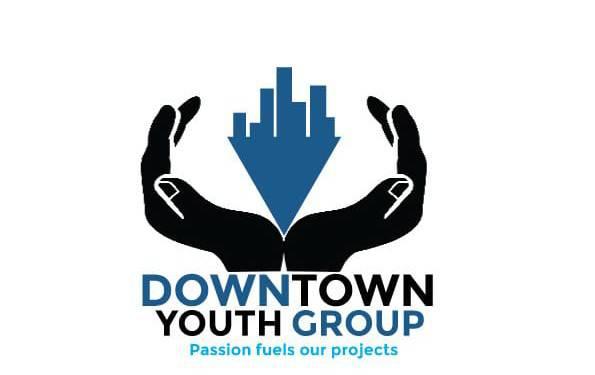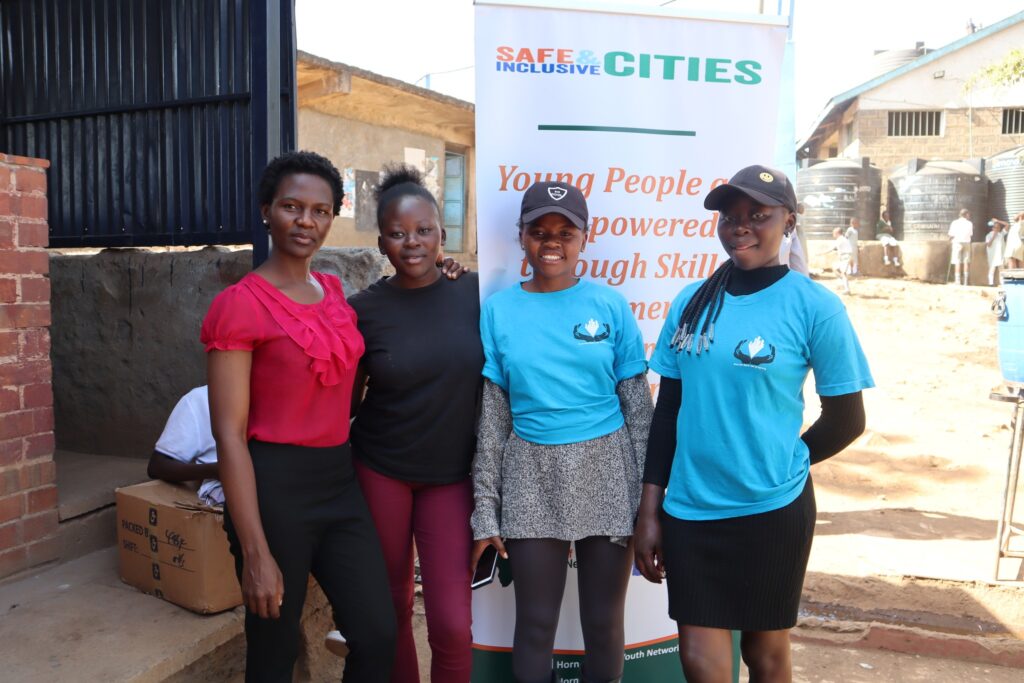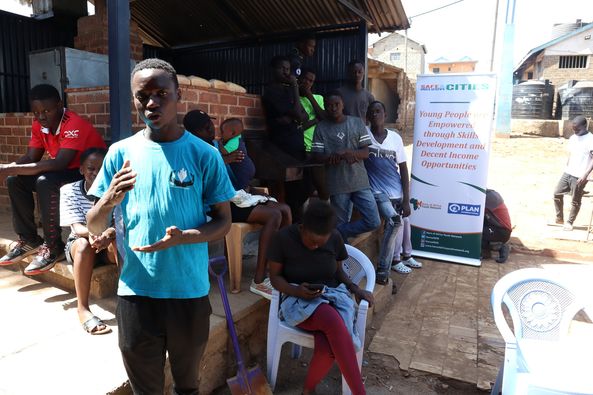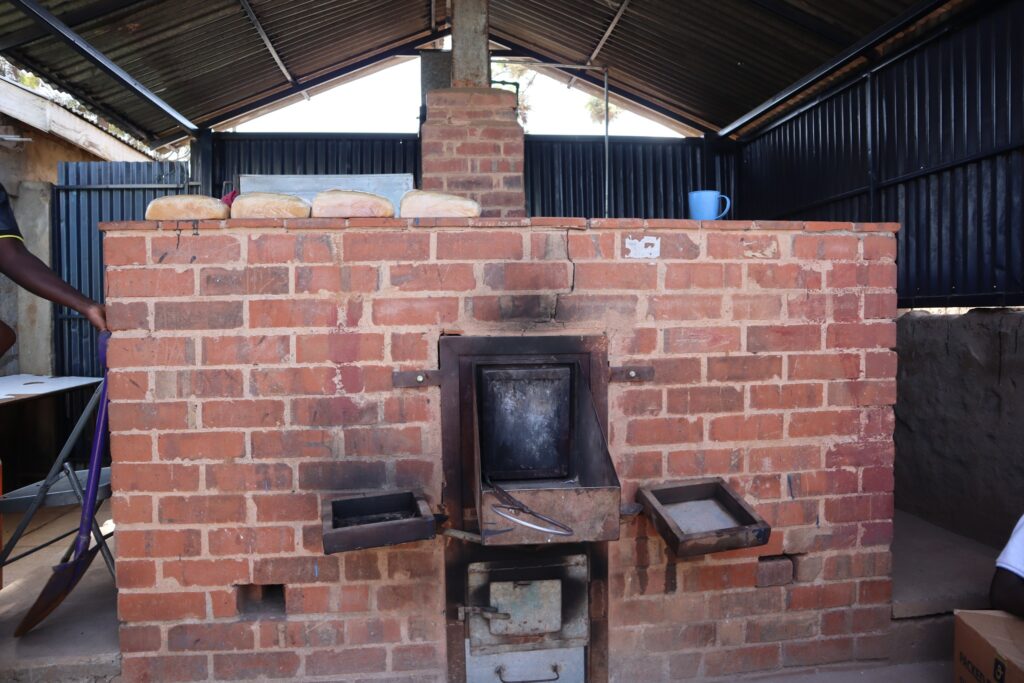Economic Empowerment
About Program:
Bringing youth into employment is one of the central issues to be tackled, especially in countries with a high proportion of youth unemployment in the East and Horn of Africa region. Roughly one third of the world’s youth are unemployed, looking for work or they are discouraged and therefore inactive. The unemployment rate of youth on average is twice as high as that of adults, with an even higher rate of unemployment among young women. In general, young people are more vulnerable in times of economic crises and are disadvantaged on the labour market because they have less working experience. The risk of losing their job is also significantly higher for youth than for adults.
The HoAYN Economic Empowerment programme aims to create resilient livelihoods for the marginalized and disadvantaged youth through increasing employability and entrepreneurship. The programme works with young people aged 15- 35 years who are not in training, not in employment or are underemployed. Youth with disabilities, Migrant Youth, young girls, young heads of households and young people from informal settlement and pastoralists communities.
Safe and Inclusive Cities (SAIC) Projects:
The Safe and Inclusive Cities (SAIC) Project is a program funded by the Danish International Development Agency (Danida) and implemented by Plan International in collaboration with national and local partners in several countries around the world. The goal of the project is to create safer and more inclusive urban environments for women and girls, marginalized communities, and other vulnerable groups, such as children and the elderly.
The SAIC project works with local governments, civil society organizations, and community members to address the root causes of violence and exclusion in urban areas. This involves identifying and addressing the structural factors that contribute to violence and inequality, such as poverty, inadequate infrastructure, and social norms that perpetuate discrimination and gender-based violence.
The project employs a multi-sectoral approach that focuses on improving community safety, promoting gender equality and social inclusion, and strengthening governance and accountability in urban areas. Activities may include community mobilization and education, infrastructure improvements, capacity-building for local authorities, and advocacy for policy and legal reforms to promote gender equality and human rights.
Through its work, the SAIC project aims to promote sustainable and equitable urban development, where women and girls, marginalized communities, and other vulnerable groups can participate fully and safely in all aspects of urban life. Ultimately, the project seeks to create a world where cities are safe, inclusive, and empowering for all their residents.
We've worked with:
Slum Going Green and Clean - Kibera (Nairobi, Kenya)
Slums Going Green and Clean is a movement that is gaining momentum in Kenya as more people are becoming aware of the benefits of a clean and green environment. The movement aims to improve the living conditions in slum areas by promoting sustainable development, environmental protection, and waste management.
Slums in Kenya, like many other developing countries, are often characterized by poor living conditions, lack of basic services such as clean water and proper sanitation, and environmental degradation. These conditions not only affect the health and well-being of the residents but also contribute to the spread of diseases and increase the risk of natural disasters.
To tackle these issues, the Slums Going Green and Clean movement is empowering communities to take ownership of their environment and become agents of change. Community members are trained on how to recycle and manage waste, plant trees and gardens, and conserve energy and water. They are also encouraged to participate in clean-up campaigns and engage in environmental education programs.
One of the key successes of the movement has been the introduction of community-led waste management systems. In these systems, residents are trained to separate waste at the source and recycle as much as possible. This not only helps to reduce the amount of waste that ends up in landfills but also creates job opportunities and improves the overall health of the environment.
The movement has also led to the creation of green spaces in slum areas, providing residents with access to clean air, shade, and a place to relax and socialize. The planting of trees and gardens also helps to reduce air pollution and provide a habitat for wildlife.
In conclusion, the Slums Going Green and Clean movement is having a positive impact on the lives of residents in Kenya’s slums. By empowering communities to take action on environmental issues, the movement is creating a cleaner and greener future for all. As the movement continues to grow, it is hoped that more slum areas will be transformed into vibrant and sustainable communities.
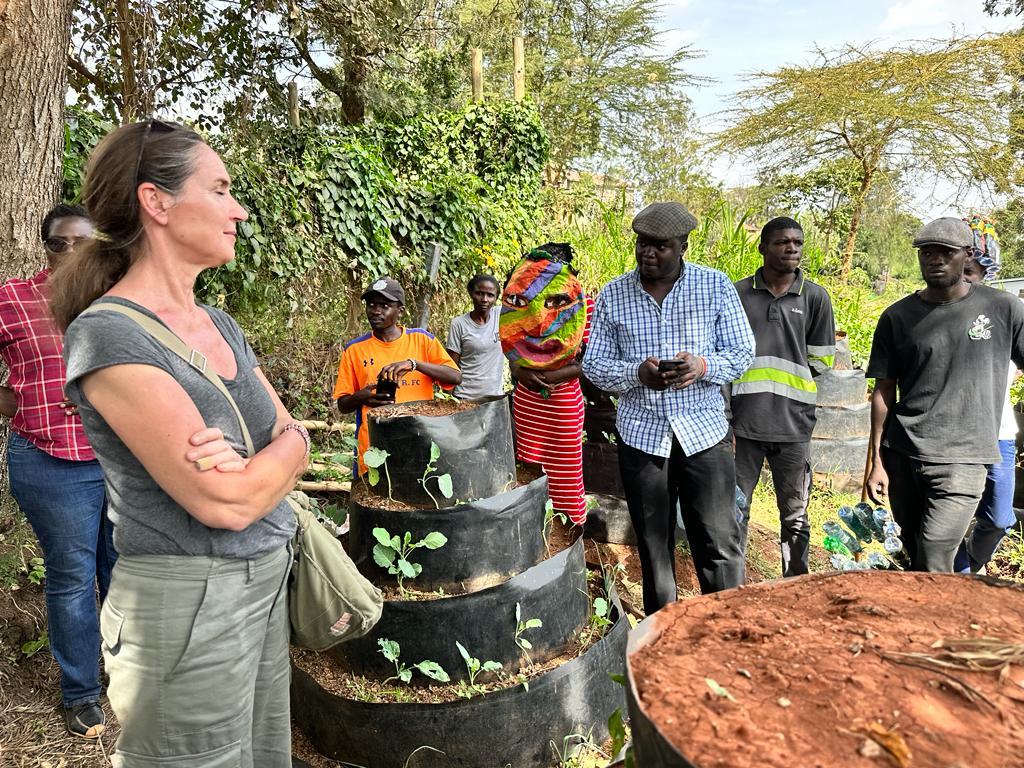
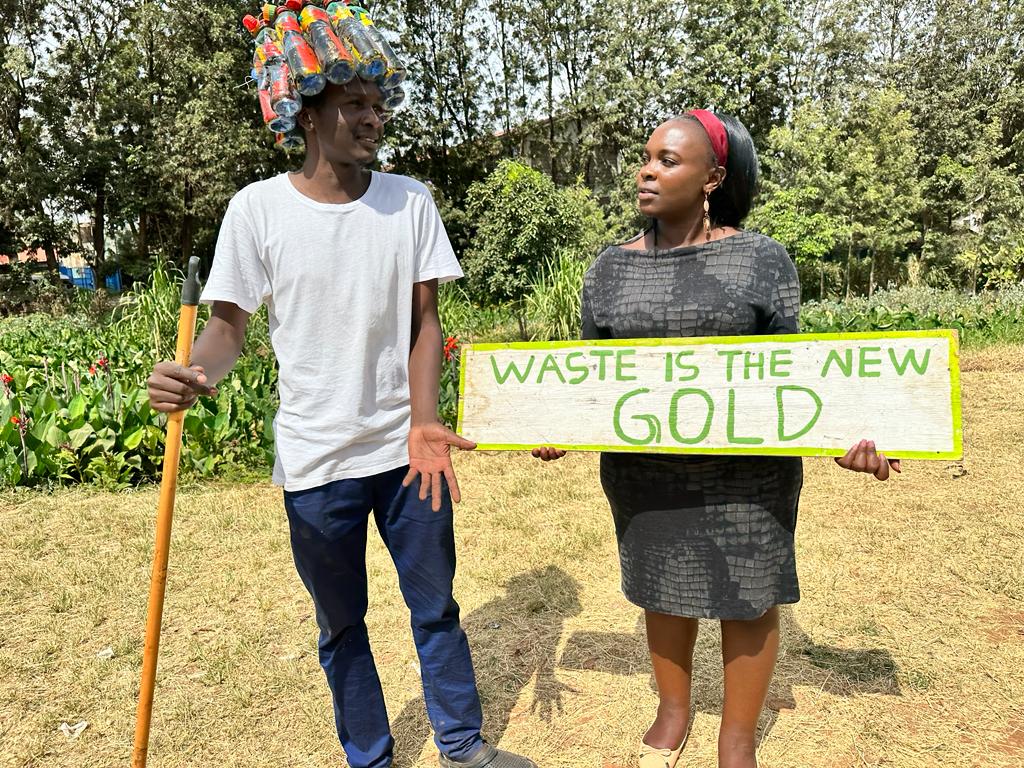
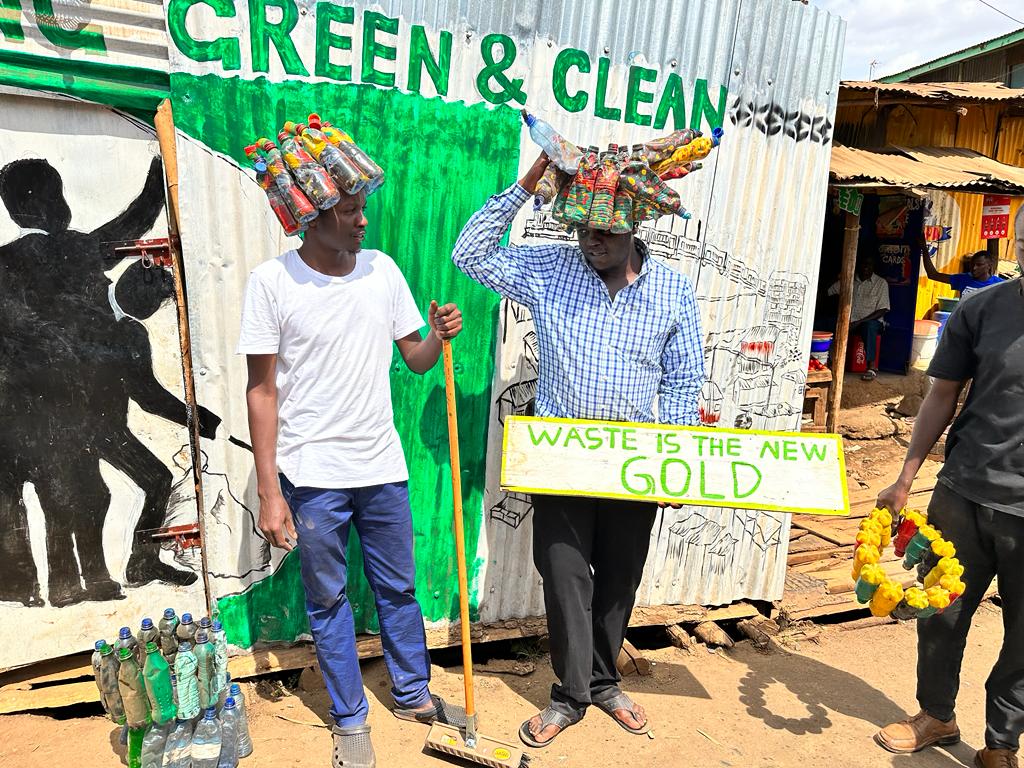
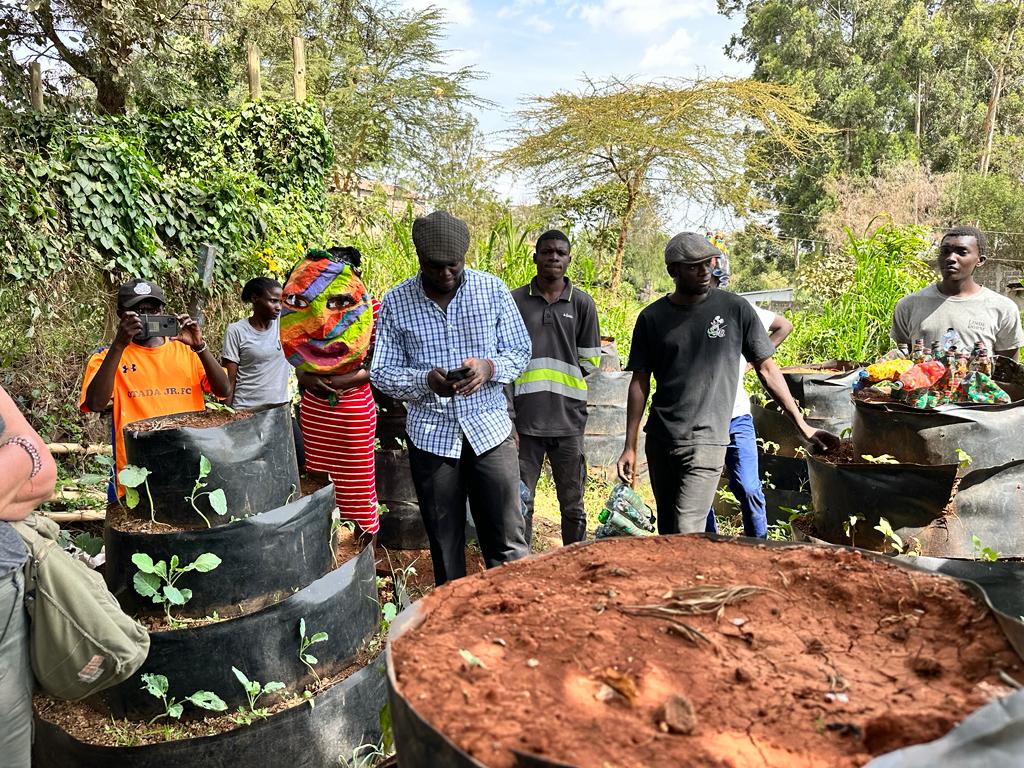
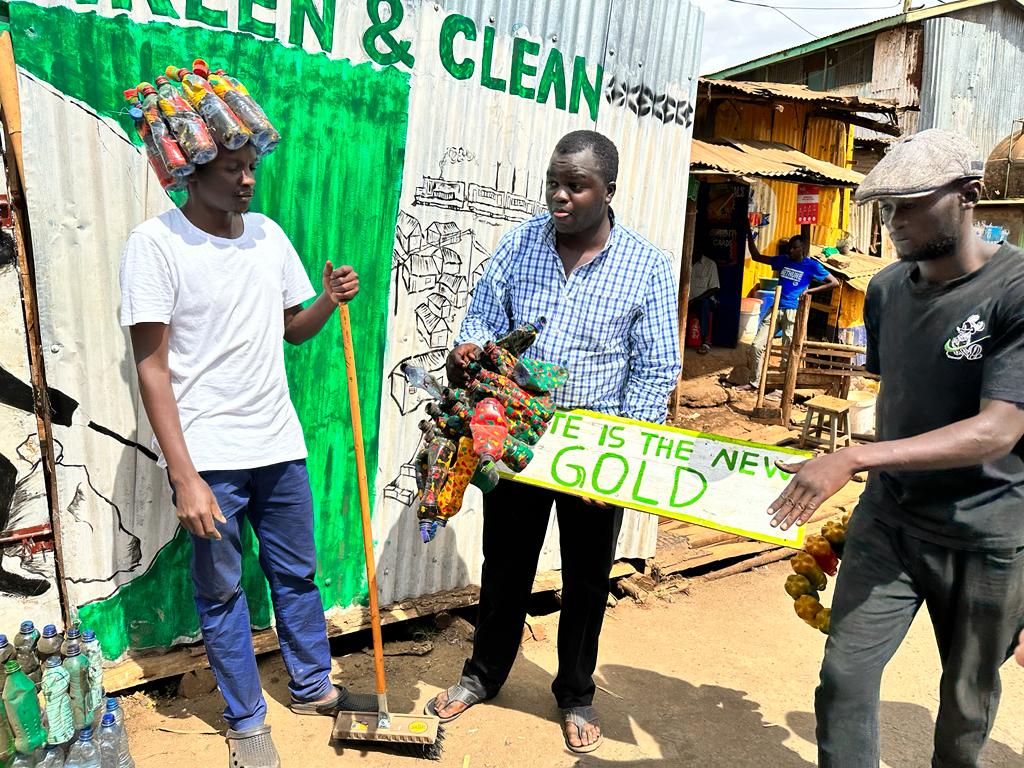
Downtown Youth Group - Mathare ( Nairobi, Kenya )
The Downtown Group is a community-based organization (CBO) located in the Mathare informal settlement in Nairobi, Kenya. The group was established with the aim of giving the youth a platform to transform the community. Over time, the Downtown Group has expanded its scope to become a key player in providing social services to the residents of Mathare. The group runs a variety of programs aimed at improving the lives of community members, including education, health, water and sanitation, and economic empowerment programs.
In terms of economic empowerment, the group runs several programs such as vocational training, microfinance, and small business development programs. They aim to empower community members with the necessary skills and resources to generate their income and support their families. They run small business such as baking cakes which are sold to the residents in which they profit from.
The Downtown Group is committed to improving the living conditions of the residents of Mathare, including creating a clean and healthy environment. The group has implemented various programs and initiatives aimed at improving water and sanitation facilities, waste management, and promoting hygiene and sanitation practices among community members. For instance, the group has constructed several water points and public toilets within Mathare to improve access to clean water and sanitation facilities. They also provide training on hygiene and sanitation practices to promote healthy living among community members.
Furthermore, the group has partnered with other organizations to implement waste management initiatives such as using waste products to bake pastries such as cakes and bread, using a community cooker. This promotes a circular economy and creates a clean environment. The Downtown Group recognizes the importance of a clean environment in promoting the health and well-being of the community members. They continue to work towards creating a sustainable and clean environment for the residents of Mathare.
In addition to these programs, the Downtown Group has worked with other organizations, including Plan International Kenya through Horn of Africa Youth Network, Mathare Community Outreach-Kenya, TakaTaka Solutions, and ONE CHUOM, to implement projects such as renewable energy and waste management initiatives to empower young people and promote a sustainable future for the community.
